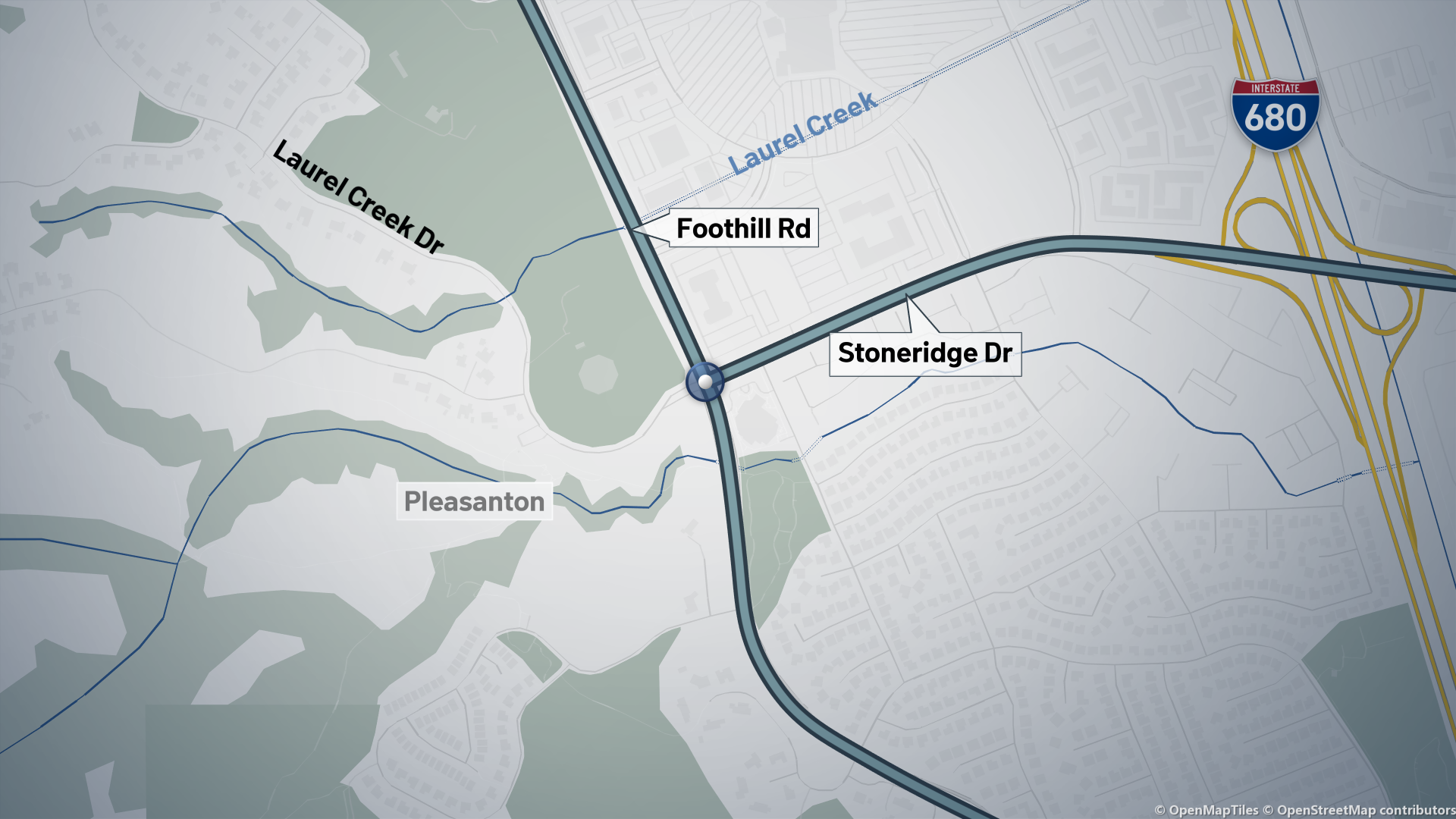Housing scams are a huge and expensive problem in the San Francisco Bay Area.
We've heard the stories firsthand. Our NBC Bay Area Responds database of consumer complaints includes dozens of California families who told us they were ripped off while looking for a place to live.
The FBI 2019 Internet Crime Report, released today, includes more than 11,000 complaints about real estate and rental scams reported nationwide. That averages out to about 30 people losing money every day, throughout the year.
Unfortunately, the crooks often pull off the scam from overseas, so there's little we can do to help after the fact. That's why we want to help you protect yourself -- and prevent this from happening.
Here's how it typically works: a prospective renter responds to an online advertisement for an apartment, condo, or house available for rent -- often at a temptingly low rate. They contact the supposed owner or landlord, who asks them to wire thousands of dollars for a deposit and first month's rent. When they arrive at the given address to move in, they learn that the home is already occupied or not for rent -- and the phony landlord has vanished with their money.
Protect Yourself -- And Your Money
Many victims who took the bad guys' bait say they dealt with the would-be landlords online, and only online. That's a red flag. Insist that you meet the landlord or property owner in person and at the property you're interested in. (Be especially skeptical if they will only accept payment via Bitcoin, cash, or another unconventional method. Paper checks and credit or debit cards create a paper trail you can use to protect yourself.)
Local
Meeting face-to-face is not enough, though. You've got to make sure that person is who they say they are -- and can actually offer you the home.
That means researching them, and the property. Ask the neighbors about the property owner. Make some calls to verify who owns the place. Check the county assessor's property record. Compare the names. Get proof!
If that's too involved, or too much of a risk, there are two options that involve a professional.
First, you could ask a real estate attorney to help with your lease. As part of their services, you could ask them to do a background check.
Here's a strategy that could be free: up-front, warn your would-be landlord that you're going to get a lawyer involved. You might learn right away if the landlord is legit.
Here's another option: perhaps enlist a real estate agent to help you go house-hunting. Yes, your rent might be higher, and you may have to pay a finder's fee, but adding professional help might be safer than going it alone. Real estate agents are licensed, bonded, and possibly insured. That means you might be able to hold them accountable if something sours.
Scam Victim? Here's What to Do
If you think you've fallen for a rental scam, do a couple of things fast. First: contact your bank immediately. Explain the situation, and ask them to stop any checks / payments or reverse any transfers.
Next, contact the local police department or sheriff's office, county district attorney, and the California Department of Justice. Letting them know what happened allows these agencies to track this type of crime, and sometimes it can lead to an arrest.
Finally, report the incident to the Federal Bureau of Investigation, through its Internet Crime Complaint Center, or IC3.
As noted above, these scams can unfold fast, and once you've sent money to a criminal, it can be very difficult to get it back. The best strategy is to be prepared and cautious before you agree to any kind of rental deal.



